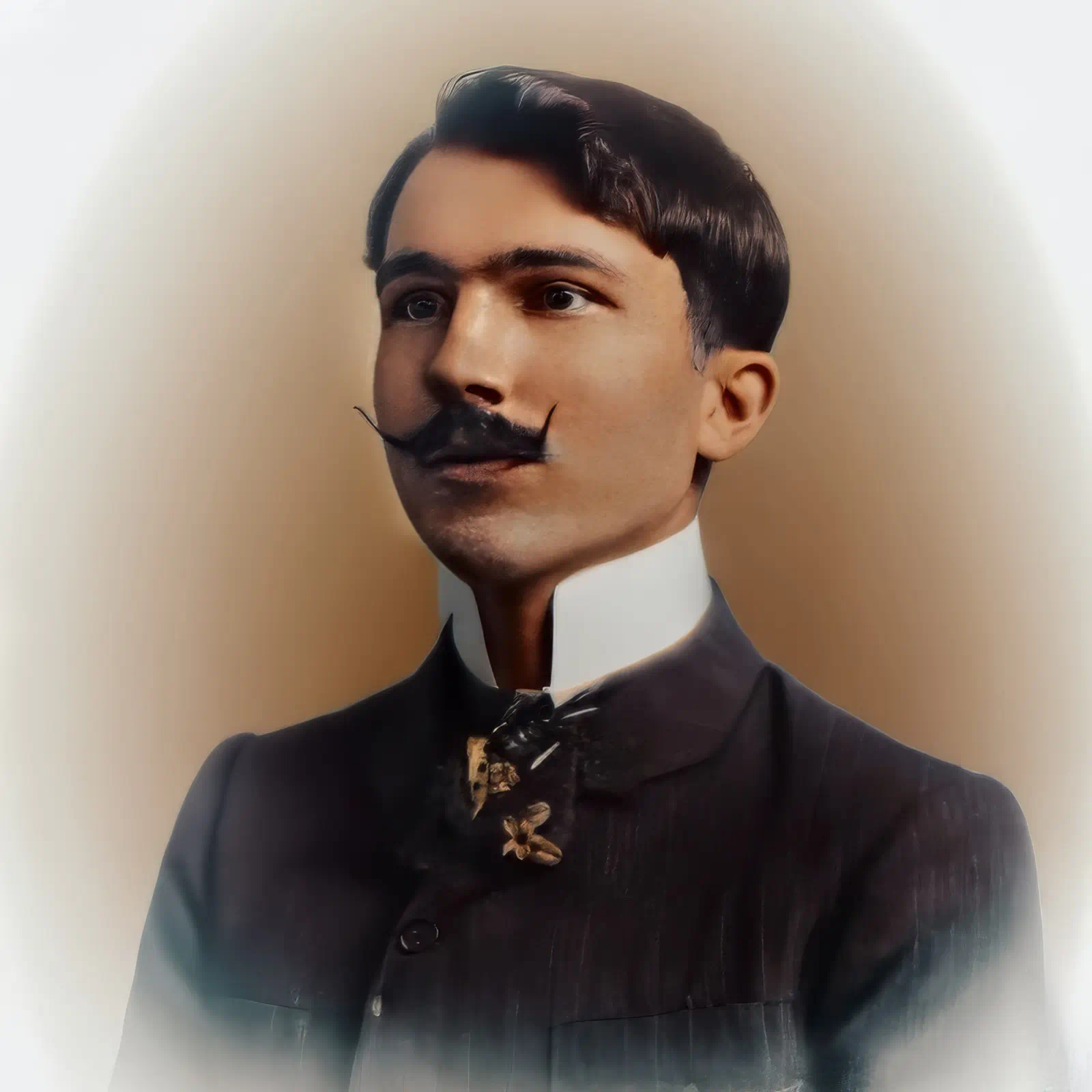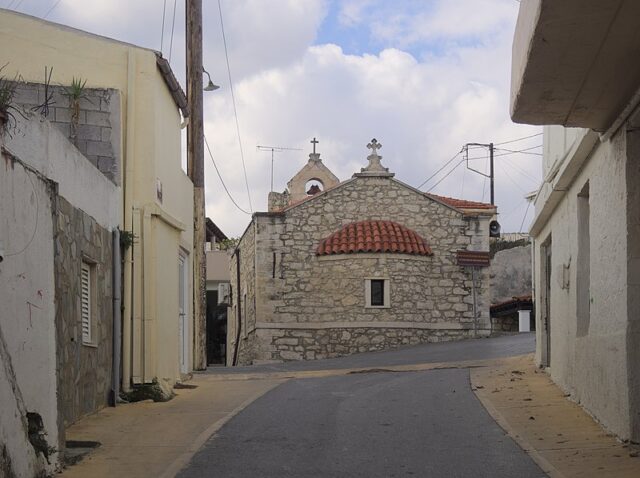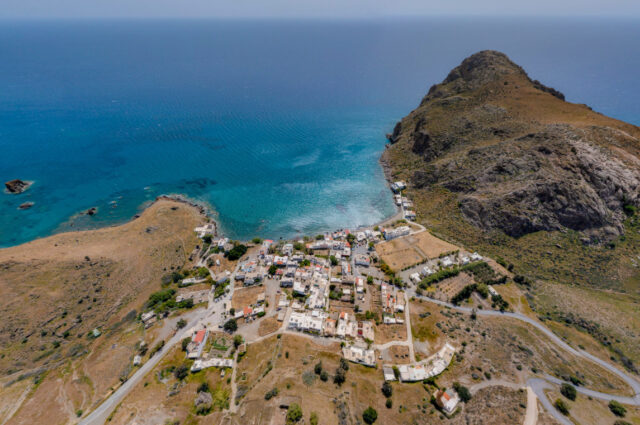
A Literary Odyssey Rooted in Crete
Nikos Kazantzakis, a name synonymous with Greek literature, was a prolific writer, philosopher, and traveler whose works have left an enduring mark on the world. Born in Heraklion, Crete, in 1883, Kazantzakis’s deep connection to his homeland profoundly shaped his writing and worldview. His novels, plays, poems, and travelogues explored themes of spirituality, existentialism, and the human condition, often drawing inspiration from his Cretan roots and his extensive travels.
Crete: The Wellspring of Kazantzakis’s Inspiration
Crete, with its rugged landscapes, rich history, and vibrant culture, served as a constant source of inspiration for Kazantzakis. The island’s ancient myths and traditions, its struggles for freedom, and the resilience of its people found their way into his works, adding depth and authenticity to his narratives. Kazantzakis’s love for Crete was not merely a matter of birthplace; it was a profound connection to the land, its people, and its spirit.
Roots in Myrtia and Kryoneri
While Nikos Kazantzakis was born in Heraklion, Crete, his family ties extended beyond the capital. His paternal roots were firmly planted in the village of Varvari, now known as Myrtia, situated in the foothills of Mount Psiloritis. It was in Myrtia that Kazantzakis spent his early childhood, absorbing the sights and sounds of rural Cretan life. The village’s landscapes, with their olive groves, vineyards, and the imposing presence of Mount Psiloritis, profoundly shaped his imagination and found their way into his writing. Myrtia’s traditions, the daily rhythms of its people, and the stories passed down through generations became integral to his creative spirit. Today, the Nikos Kazantzakis Museum in Myrtia stands as a tribute to the writer’s enduring connection to his ancestral home.
Adding another layer to his family history, Kazantzakis’ maternal roots can be traced to the village of Kryoneri in the Mylopotamos municipality. Kryoneri recently honored Marge Christodoulaki-Kazantzakis, the mother of the renowned author, in a modest event organized by the cultural association “ASSYROTOI.” This recognition highlights the importance of both Myrtia and Kryoneri in shaping the identity of one of Greece’s most celebrated literary figures.
Lentas: A Sanctuary for the Soul
The coastal village of Lentas, on the southern coast of Crete, held a special place in Kazantzakis’s heart. He frequently sought refuge in this secluded haven, finding solace and inspiration in its tranquil beauty. It was in Lentas that Kazantzakis penned some of his most celebrated works, including parts of his epic poem, the Odyssey. The village’s dramatic cliffs, pristine beaches, and the ancient ruins of Levin, a once-thriving city, provided a fitting backdrop for his creative endeavors. Lentas was more than just a retreat for Kazantzakis; it was a sanctuary where he could connect with his inner self and tap into the creative forces that fueled his writing.
Mount Psiloritis: The Mountain of the Soul
Mount Psiloritis, the highest mountain in Crete, loomed large in Kazantzakis’s consciousness. Its majestic presence, steeped in mythology and folklore, symbolized the indomitable spirit of the Cretan people. Kazantzakis often hiked its slopes, finding spiritual renewal and creative energy in its embrace. The mountain’s rugged terrain and panoramic vistas mirrored the challenges and triumphs of the human journey, themes that he explored extensively in his writings. Psiloritis was not just a geographical landmark for Kazantzakis; it was a spiritual touchstone, a place where he could commune with the deeper forces of nature and the universe.
Witness to Atrocities: Kazantzakis’s 1945 Mission to Crete
In 1945, following the liberation of Greece from German occupation, Kazantzakis was appointed to a committee tasked with documenting the atrocities committed by the German and Italian forces during World War II. This mission took him back to his beloved Crete, where he witnessed firsthand the devastation and suffering inflicted upon his people. The experience deeply affected him, reinforcing his belief in the resilience of the human spirit and the importance of fighting for freedom and justice.
The committee’s journey was arduous, traversing the war-torn landscapes of Crete, from the bustling city of Heraklion to the remote villages nestled in the mountains. They interviewed countless survivors, listened to their harrowing tales, and meticulously recorded the evidence of the occupiers’ brutality. The report they compiled, a testament to the horrors of war, stands as a powerful reminder of the human cost of conflict and the enduring need for peace.
Kazantzakis’s role in this mission was not merely that of an observer; it was a deeply personal journey. As a Cretan, he felt a profound connection to the victims and their suffering. His writings from this period reflect his anguish and outrage, but also his admiration for the courage and resilience of his fellow Cretans. The experience further solidified his commitment to humanism and his belief in the power of the human spirit to overcome adversity.
Kazantzakis’s Enduring Legacy
Nikos Kazantzakis left an indelible mark on Greek and world literature. His works have been translated into numerous languages, captivating readers with their profound insights into the human experience. His exploration of spirituality, freedom, and the search for meaning continues to inspire and challenge readers today. In Crete, his legacy is particularly strong. The island’s landscapes, its people, and its spirit are forever intertwined with his words, ensuring that his memory lives on.
Key points
- Born: February 18th, 1883, in Heraklion, Crete, Ottoman Empire (now Greece)
- Died: October 26th, 1957, in Freiburg, Germany, from leukemia
- Resting place: Martinengo Bastion, Heraklion, Crete
- Nationality: Greek
- Legacy: Prolific writer, philosopher, and traveler; explored themes of spirituality, existentialism, and the human condition; known for his epic poem the Odyssey and novels such as Zorba the Greek and The Last Temptation of Christ




